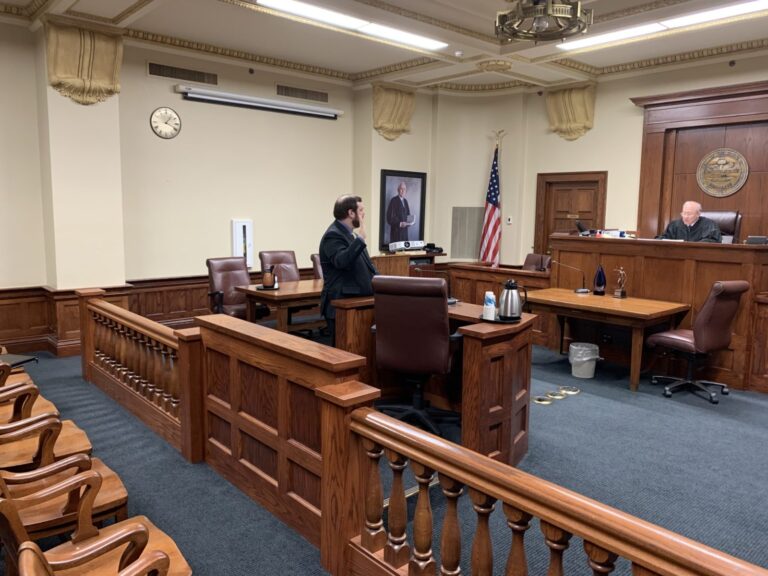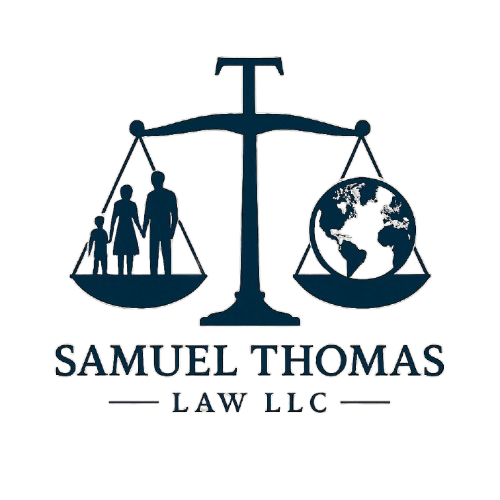






Legal custody refers to the right of a parent or guardian to make significant decisions regarding a child's upbringing, including education, healthcare, and religious instruction. In Georgia, legal custody can be awarded solely to one parent or shared between both parents, depending on what is deemed to be in the best interest of the child.
Georgia courts consider several factors when determining custody arrangements, including the emotional ties between the child and each parent, the parents' ability to provide for the child's needs, and the child’s adjustment to their home, school, and community. It is crucial for parents to understand these factors to navigate custody disputes effectively.
The COVID-19 pandemic has significantly affected family law cases, including divorce proceedings and custody disputes. Courts have had to adapt to new challenges, such as remote hearings and changes in visitation schedules, which have impacted how families navigate legal processes.
For instance, many parents have faced difficulties in adhering to custody agreements due to lockdowns and health concerns. As a result, courts have become more flexible in modifying visitation rights and custody arrangements to accommodate the unique circumstances brought about by the pandemic.
Navigating a divorce can be a complex and emotionally taxing process. In Georgia, it is essential for individuals to understand their rights and responsibilities, including property division, alimony, and child support. Seeking legal counsel can provide clarity and guidance throughout this challenging time.
Additionally, being prepared with documentation such as financial records and communication logs can aid in the divorce process. Knowing what to expect can reduce stress and lead to a more favorable outcome, allowing individuals to focus on rebuilding their lives post-divorce.
For those seeking assistance with family law matters, various resources are available to help navigate the legal landscape. Organizations such as legal aid clinics and family law associations provide support and information on rights and options available to individuals facing legal issues.
Furthermore, online resources, including webinars and informational articles, can empower individuals with knowledge about family law in Georgia. Utilizing these resources can enhance understanding and provide a clearer path forward during legal challenges.
